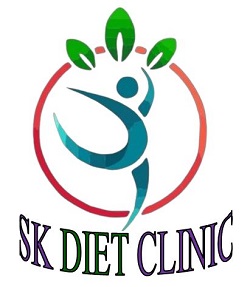Bodybuilding nutrition is a crucial aspect of achieving fitness goals and building muscle effectively. Here's a brief overview:
Protein Intake:
Protein is essential for muscle repair and growth.
Aim for a protein-rich diet with sources like lean meats, poultry, fish, eggs, dairy, legumes, and plant-based protein supplements.
Carbohydrates:
Carbohydrates provide energy for intense workouts.
Opt for complex carbohydrates such as whole grains, fruits, and vegetables to sustain energy levels.
Healthy Fats:
Include sources of healthy fats like avocados, nuts, seeds, and olive oil for overall health and hormone regulation.
Meal Timing:
Distribute meals throughout the day to maintain a consistent energy supply.
Consume a balanced meal with protein and carbohydrates post-workout for muscle recovery.
Hydration:
Stay well-hydrated to support overall health, digestion, and optimal muscle function.
Supplements:
Consider supplements like whey protein, creatine, and branched-chain amino acids (BCAAs) to complement your diet.
Caloric Surplus or Deficit:
Adjust your calorie intake based on your goals. A surplus is needed for muscle gain, while a deficit may be required for fat loss.
Nutrient Timing:
Pay attention to nutrient timing, particularly around workouts, to maximize nutrient uptake during periods of increased metabolic activity.
Vitamins and Minerals:
Ensure sufficient intake of vitamins and minerals through a diverse and balanced diet, or consider supplementation if necessary.
Consultation with a Nutritionist:
Seek guidance from a nutritionist or dietitian to tailor your nutrition plan to your specific bodybuilding goals, taking into account factors such as age, gender, and overall health.
Remember, individual nutritional needs can vary, so it's important to customize your approach based on your personal goals, preferences, and any underlying health conditions. Regular adjustments to your nutrition plan may be necessary as your fitness journey progresses.

